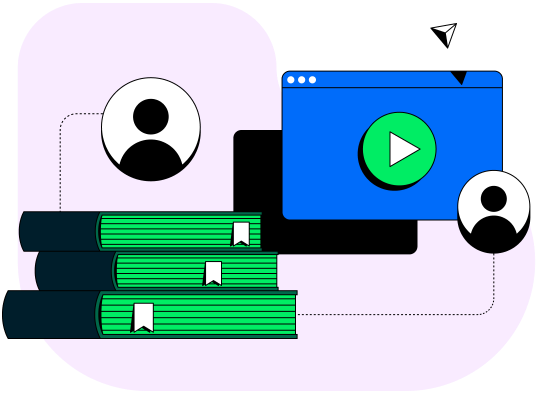MongoDB for Media and Entertainment
Transform content management and delivery with a flexible and scalable database platform tailored to meet the dynamic needs of modern media workflows.
_Spot_BS_Mist.svg)
Build AI-Ready Architectures: Sample
Discover practical frameworks for building AI-ready architectures that deliver measurable results. Preview the strategies used by industry leaders in this free sample of our new book, “Architectures for the Intelligent AI-Ready Enterprise,” featuring over 15 real enterprise case studies and over 25 proven use cases.
Effortlessly organize, store, and deliver content
Solutions for Media and Entertainment
MongoDB Application Modernization Platform (AMP)


SVP of Technology, Forbes

SVP of Technology, Forbes


Director of Operations and Partner, Mediastream





Learn more
Media and Entertainment FAQs
The media industry faces several challenges including adapting to digital platforms and on-demand consumption, monetizing digital content, competing with tech giants and new media upstarts, economic pressures from declining revenue sources like advertising, trust issues due to misinformation, navigating regulatory environments, keeping pace with technological advancements, ensuring cybersecurity, engaging audiences with personalized and interactive content, and addressing globalization issues.
Content management and delivery: MongoDB stores various types of media content, enabling rich, interactive user applications across multiple devices. This empowers publishers to quickly engage customers as new delivery models and content services emerge.
User data management: MongoDB tracks and maintains real-time user attributes, providing a seamless, interactive experience across different devices. Its flexible data model and powerful query capabilities enhance user experiences through rich access to user data and real-time analytics.
Digital asset management: MongoDB provides a flexible, searchable repository for managing digital assets like books, periodicals, journal articles, images, and educational products. It facilitates cooperation across the organization and reduces time to market.
MongoDB’s flexible document model allows media organizations to store various types of media content—such as text, images, audio, video, and metadata—in a single, unified database. This adaptability enables developers to quickly adjust to new content types and delivery models, reducing time to market and enhancing user engagement.
Take the next step




